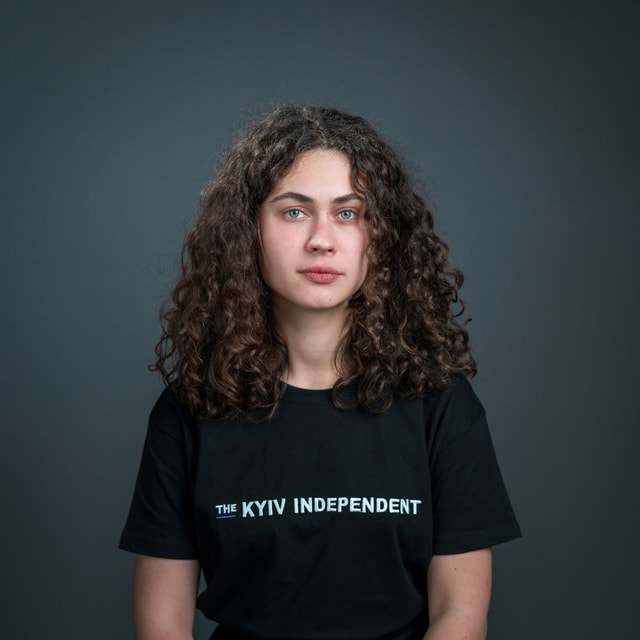As Trump suggests Putin feeling pressure of falling oil prices, Russian oil falls to two-year low

Oil prices in Russia dropped to a two-year low, falling below $50 per barrel — about 40% lower than what was planned in the Russian budget, Reuters reported on May 6.
Reuters data shows that the average price for Russia’s Urals and ESPO crude blends fell to $48.9 per barrel, the lowest level since May 2023.
The Russian government had budgeted for a price of $82.6 per barrel for 2025.
On May 5, U.S. President Donald Trump said that Russia has grown more willing to negotiate an end to its war against Ukraine following a sharp decline in oil prices.
"I think Russia, with the price of oil right now, oil has gone down, we are in a good position to settle, they want to settle. Ukraine wants to settle," Trump told reporters in the Oval Office.
As energy revenues remain Moscow's key source of financing its war against Ukraine, the price collapse comes at a critical moment for Russia. While Western sanctions didn't fully hamper Moscow's ability to sell its energy resources, falling prices might now squeeze its war budget.
The decline in energy prices led the government to revise its 2025 budget deficit forecast upward, from 0.5% to 1.7% of GDP, Reuters reports on May 1.
Due to the ongoing war against Ukraine, Russia has increased its defence spending for 2025 by 25%, raising it to 6.3% of GDP, the highest share since the Cold War.
Oil and gas revenues accounted for nearly 30% of Russia's budget in January and February, according to government data cited by Bloomberg.
What's caused the drop in oil prices?
The current drop follows a larger decline in the wake of Trump's "Liberation Day" tariffs which caused oil prices to drop drastically on April 7.
Ukraine has long been targeting Russian oil assets with drones in an attempt to deplete the Kremlin's oil revenue, but Trump did a more effective job by dragging the world into economic uncertainty.
Trump’s actions sparked concerns of a global recession, leading global oil prices to plunge in anticipation of a slowdown in economic activity.
The price drop ignited panic in Moscow, and the Kremlin is monitoring the "extremely turbulent, tense" situation, Kremlin spokesperson Dmitry Peskov told Interfax on April 7.
"Our economic authorities are monitoring this situation very closely and, of course, are doing and will do everything necessary to minimize the consequences of this international economic storm for our economy," he added.
That panic will only have increased since. The Organization of the Petroleum Exporting Countries (OPEC) agreed on May 3 to a large production increase in June, further pressuring prices.












